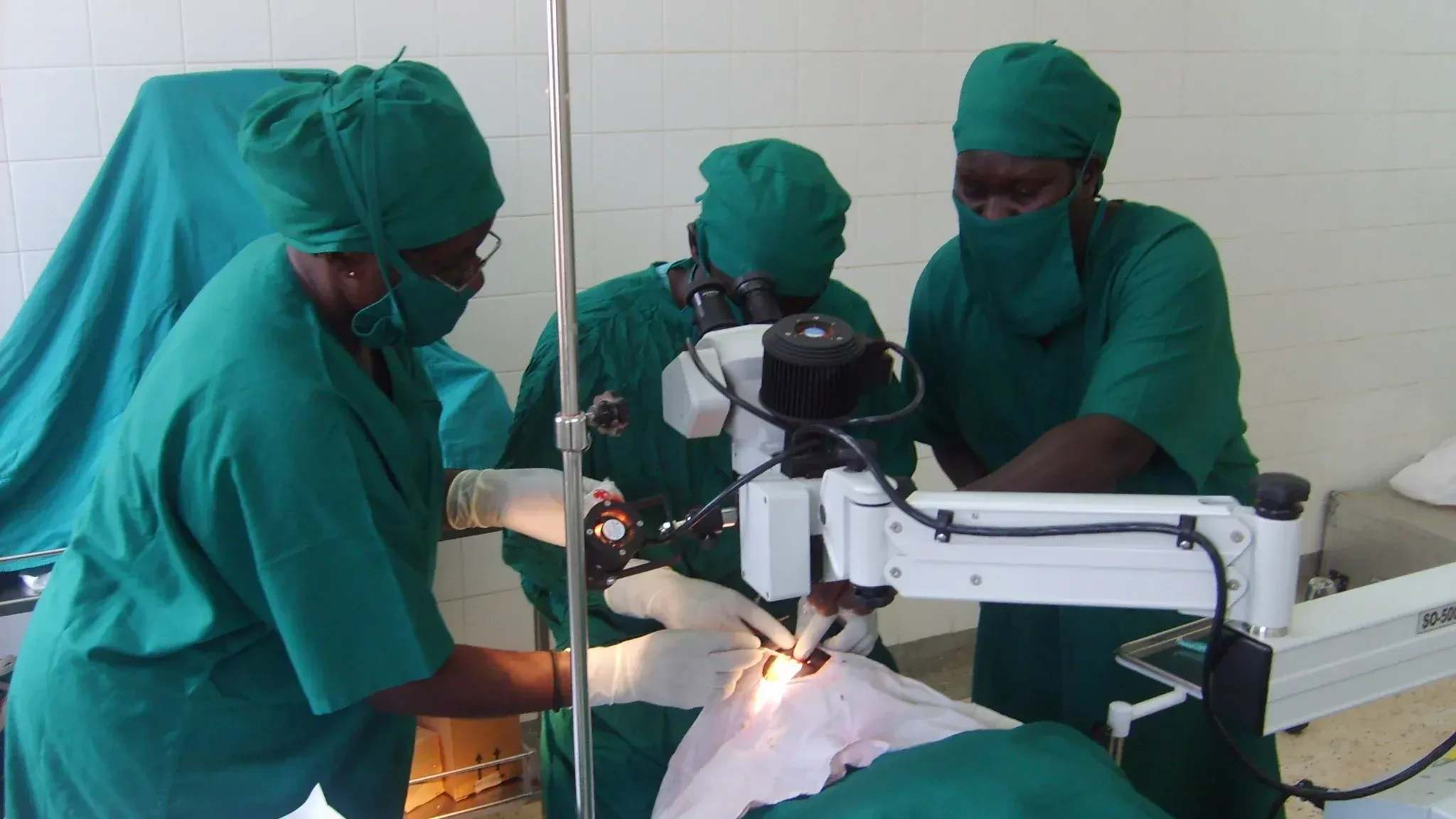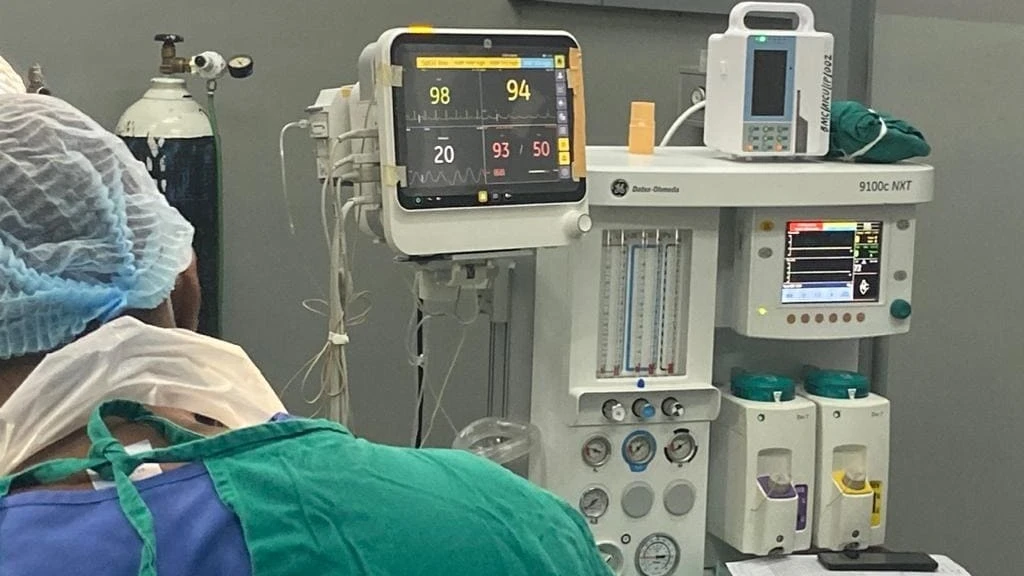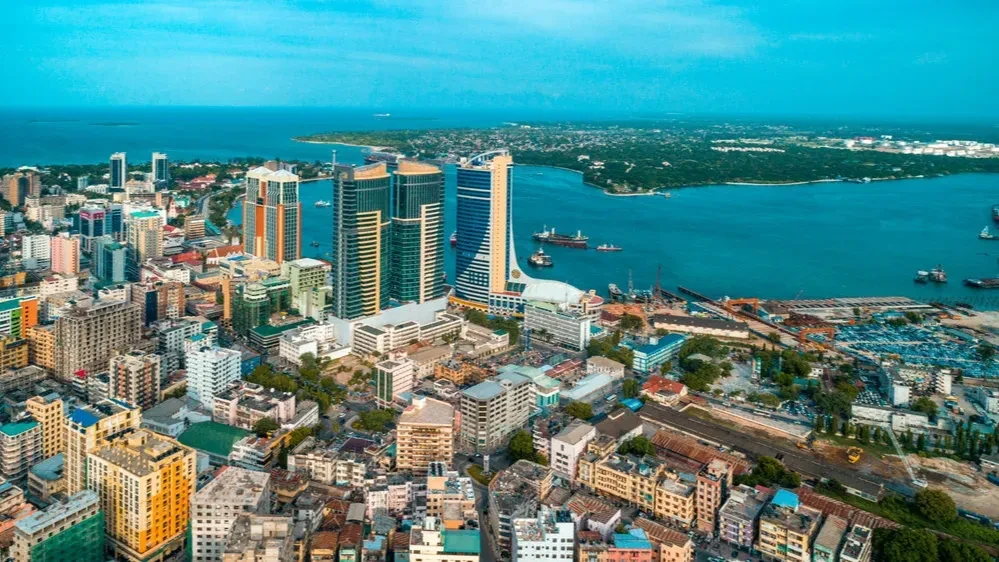Govt could raise taxes, lower officials’ needs for healthcare

FACTS on the treatment of obstetric fistula, which commonly torments many women in difficult conditions of childbirth, are bound to leave all right-thinking people asking themselves a number of hard questions.
For just how could the broad public look aside at a situation where treatment for fissure at childbirth demands a whole two million shillings, and this not at a high-level private facility but at a public referral hospital?
Medical professionals attending to the women affected deliberated on these facts only days ago, concentrating on the plight of victims from low-income backgrounds.
It was at a collective press briefing ahead of this year’s commemoration of International Day to End Obstetric Fistula (May 23), with experts at the briefing sounding alarm over a steady rise in obstetric fistula cases linked to surgical errors during caesarean deliveries.
Equally surprising was the fact that surgeries performed in less than qualified environments, including as relates to personnel, were on the rise in part on account of the kind and level of costs or charges demanded even in public health facilities. It was noted that the charges were high even while multilateral healthcare assistance is on offer and are sure to be even higher as hospitals seek to cover the lost income.
A strident theme at the briefing was the need for increased awareness on the situation, where the preliminary impression is in relation to ignorance of the fact that treatment is available.
When hospital doors are open and those who turn up can be treated, especially if no questions will be asked about fees and other accommodation requirements, awareness is a relevant point. However, when one needs to be aware and have 2m/- to receive the treatment, awareness is no longer the matter at hand.
The situation as relates to costs undermines the breadth of what the medics were saying in connection with the condition facing many obstetric fistula cases.
This is primarily because these moral concerns are meaningful only if the public authorities have a ready-made mechanism where patients are received on arrival and treated, with issues of who foots the bill coming later.
No one says there ought to be no costs, as in the 1990s when streamlining public finances diminished healthcare funding in the Government budget, cost sharing was introduced to recover some of the costs. But, as time went on, we witnessed the World Bank harping on the theme of recovering healthcare costs from patients.
It is from these same sources that the endeavour for universal health insurance was being made, that is, prior payment at the family level for possible medical care costs for the whole year.
Not surprisingly, the matter was a non-starter to most of the public, save public officials or civil servants whose employment includes expectations of working until retirement.
When the government has satisfied the needs of this group, vast as it may, it then appeals to private employers, and even the informal sector, to follow suit.
This is among the more bewildering issues of social cohesion that have no ‘tangible’ enough response at the civic level, as no activist groups campaign for the government to properly tax and ensure that people are being treated.
Nor do we see visible objections to perceived inability by the government to let individuals purchase motor vehicles on their own, from their earnings, as the idea would not be popular among them. But this inability to use public funds equitably easily risks harming social cohesion.
Top Headlines
© 2025 IPPMEDIA.COM. ALL RIGHTS RESERVED

















